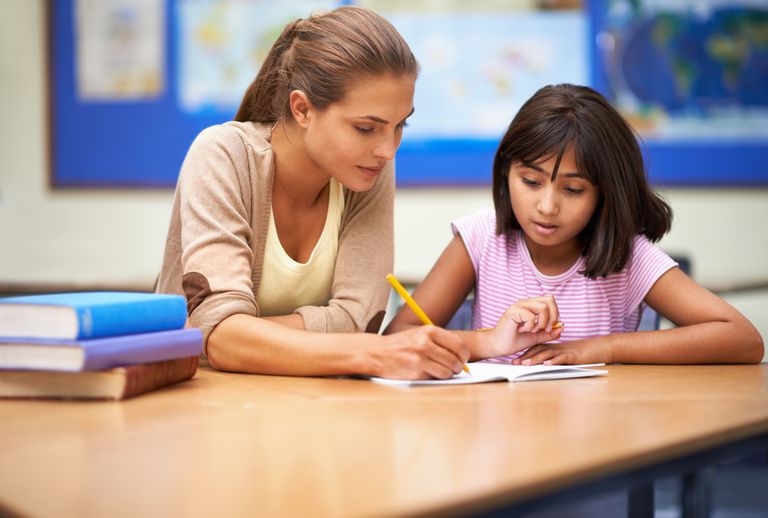Tools for parents and children
- Stick to a routine. Go to sleep and wake up at a reasonable time.
- Get dressed. Getting dressed really does have an impact on mood, depression in particular.
- Get showered and dressed in comfortable clothes.
- wash your face.
- brush your teeth.
- Put on some bright colors.
- Go outside. Try for at least once a day for thirty minutes.
- Move. Find some time to move each day for at least thirty minutes.
- You can find free exercise classes on YouTube.
- Dancing counts too; turn on the music and have a dance party!
- Stay Connected. Reach out to others (daily is best). Try FaceTime, Skype, phone calls, text—connect with other people to seek and provide support.
- Don’t forget to do this for your children as well. Set up virtual playdates with friends daily via FaceTime, Facebook Messenger Kids, Zoom, etc—your kids miss their friends, too!
- Stay hydrated and eat well. This one may seem obvious, but stress and eating often don’t mix well, and we find ourselves over-indulging, forgetting to eat, and avoiding food.
- Self-Care. In times of stress we tend to neglect our self-care. Remember the airline safety talk about putting your mask on first and then your child’s…this same concept applies to self-care. When you take care of yourself you can better help your child! Self care is not a “one size fits all” strategy. Find what works for you.
- Don’t forget the sensory component.
- Seven senses: touch, taste, sight, hearing, smell, vestibular (movement) and proprioceptive (comforting pressure).
- An idea for each: a soft blanket or stuffed animal, a hot chocolate, photos of vacations, comforting music, lavender or eucalyptus oil, a small swing or rocking chair, a weighted blanket. A journal, an inspirational book, or a mandala coloring, bubbles to blow or blowing watercolor on paper through a straw are visually appealing as well as work on controlled breath. Mint gum, Listerine strips, ginger ale, frozen Starburst, ice packs, and cold are also good for anxiety regulation. For children, it is great to help them create a self-regulation comfort box (often a shoe-box or bin they can decorate) that they can use on the ready for first-aid when overwhelmed.
- Find space. Create a work/school space and a separate retreat space.
- Help children identify a place to retreat when stressed. You can make this place cozy by using blankets, pillows, cushions, scarves, beanbags, tents, and “forts”.
- Expect hiccups and behavioral issues. We all struggle with disruption in routine, especially children. They rely on routines constructed by others to make them feel safe and to know what comes next. Expect increased anxiety, worries and fears, nightmares, difficulty separating or sleeping, testing limits, and meltdowns. Do not introduce major behavioral plans or consequences at this time—hold stable and focus on emotional connection.
- Limit social media and COVID conversation. This is especially true when around children. Find a few trusted sources that you can check in with consistently, limit it to a few times a day, and set a time limit for yourself on how much you consume (again 30 minutes tops, 2-3 times daily).
- Find the good (the helpers). There are also a ton of stories of people sacrificing, donating, and supporting one another in miraculous ways. It is important to counter-balance the heavy information with the hopeful information.
- Find something you can control. In moments of big uncertainty and overwhelm, control your little corner of the world. Organize your bookshelf, purge your closet, put together that furniture, group your toys.
- Find a project. Now IS the time to learn how to play an instrument, put together a huge jigsaw puzzle, have a marathon monopoly game, READ, build something, stream a new show, bakes or try out a new recipe. Find something that will keep you busy, distracted, and engaged to take breaks from what is going on in the outside world.
- Find humor. There is a lot to be worried about, and with good reason. Counterbalance this heaviness with something funny each day: puppy videos on YouTube, memes, or a funny movie—we all need a little comedic relief in our day, every day.
- Remind yourself this is temporary. It seems in the midst of this quarantine that it will never end. It is terrifying to think of the road stretching ahead of us. Please take time to remind yourself that although this is very scary and difficult, and will go on for an undetermined amount of time, it is a season of life and it will pass. We will return to feeling free, safe, busy, and connected in the days ahead.
- Find the lesson. This whole crisis can seem sad, senseless, and at times, avoidable. What can each of us learn here, in big and small ways, from this crisis? What needs to change in ourselves, our homes, our communities, our nation, and our world?


